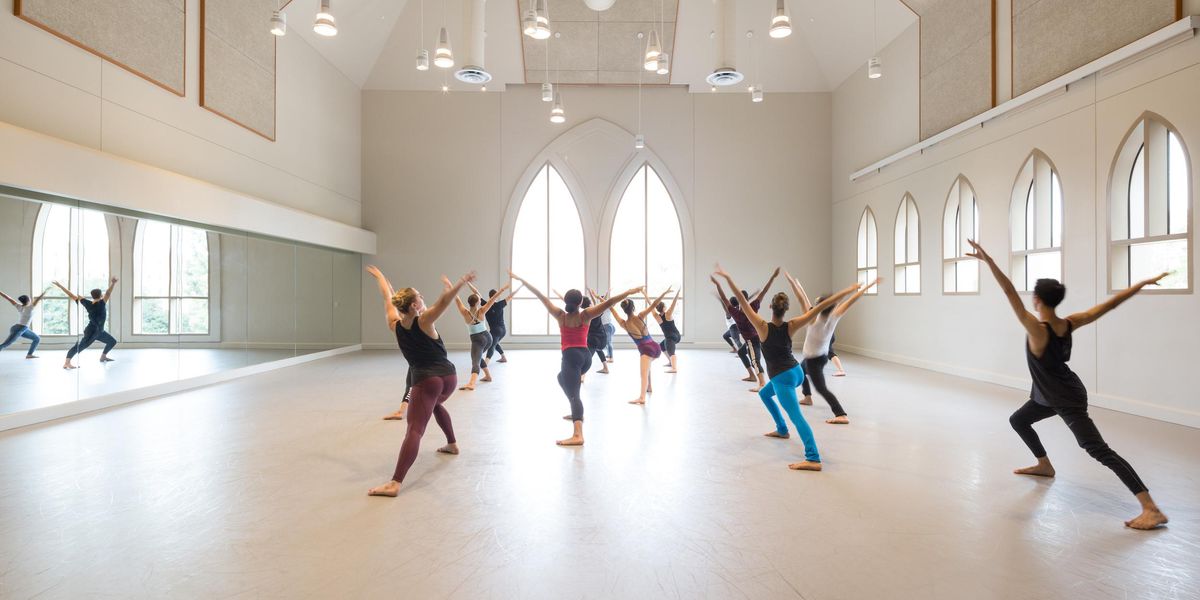Royal New Zealand Ballet Is Bringing Dance Into Prisons
A prison isn’t exactly the first place to come to mind when you think of a dance studio (and inmates, not your average students), but that’s exactly why New Zealand Corrections is enlisting the help of the Royal New Zealand Ballet. In an effort to help reduce the female prison population in New Zealand, which has reportedly quadrupled in the past five years, dance is being taught to the inmates of Arohata Women’s Prison for the first time ever. According to everyone involved, it seems to be working.
“This is a necessity,” RNZB education and community manager Pascale Parentau says in a video created by Radio New Zealand. “To be confined to four walls, but then have the freedom of expression of your soul, your body, your mind, your heart.”
Arohata’s deputy prison director Matire Kupenga-Wanoa agrees, saying, “Part of this program is the women have to learn how to count, how to coordinate themselves, how to learn direction and relate to others in a positive way. So there’s a whole lot of learning that comes with this medium. And also, it makes you feel very happy and builds your self esteem and self confidence.”
In addition to weekly rehearsals for two Christmas concerts set to raise money for community projects, the inmates even helped make their own tutus.
“It’s kind of like a mindfulness. When you’re in a sad moment, you can release it with your dance and exercise,” one inmate says of the experience. Another adds that most of the inmates never got to enjoy things like dance classes growing up. “A lot of girls here never really had childhoods,” she says.
But RNZB dance educator Pagan Dorgan says this new initiative is already making a difference. “For me, it’s quite apparent that some of them have never had this opportunity,” she says. “I’m going to be really naive, but maybe if they had had this opportunity at some point in their life, they may not be where they are now.”
It looks like the new program will stick. “It helps us get up every morning,” an inmate says. “We look forward to this every Thursday—we come and we do it, and we love it. We can all get along and do something together.”




